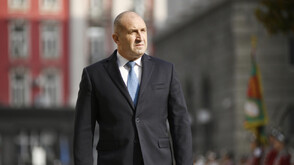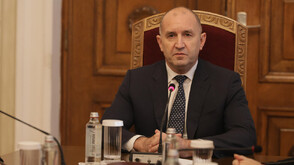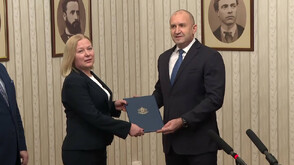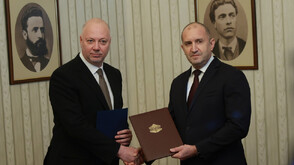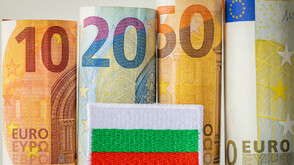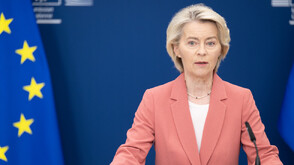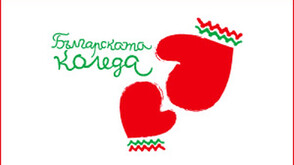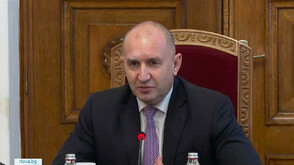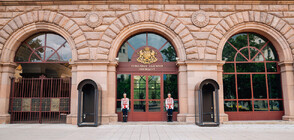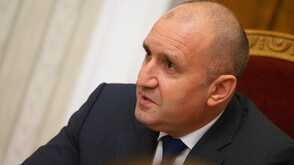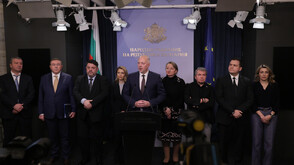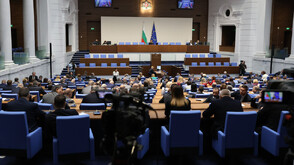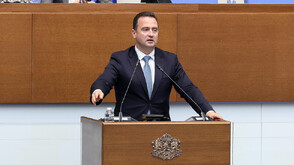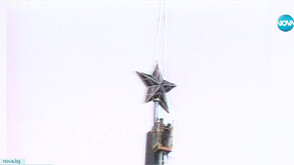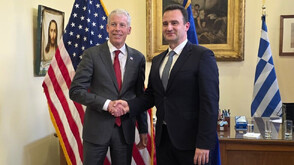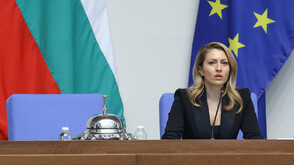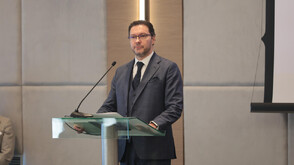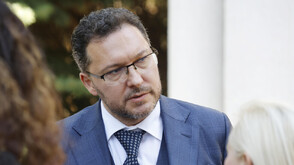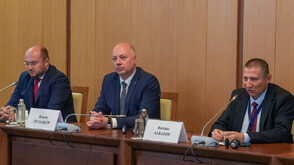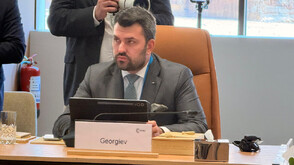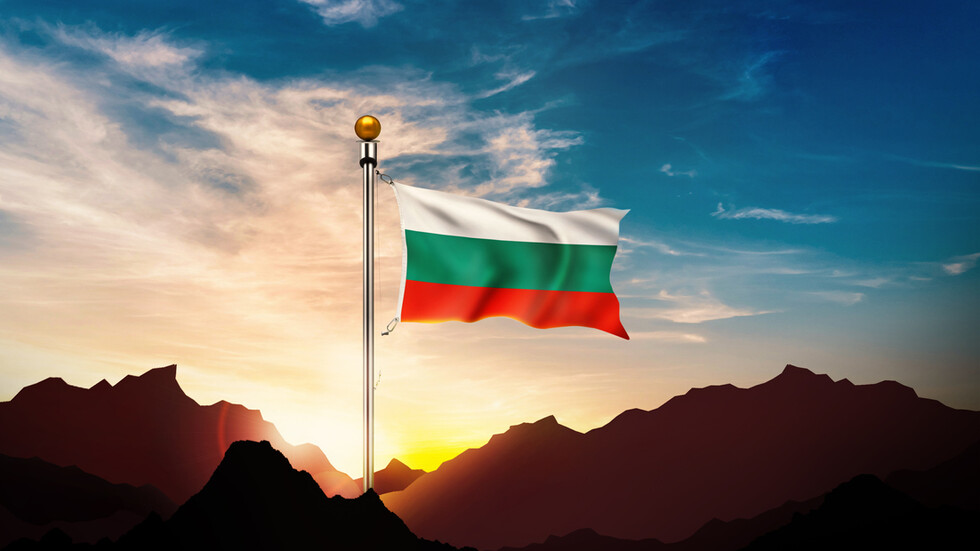
Photo: Archive
On September 22, 1908, Bulgaria joined the family of independent states
On Friday, Bulgaria celebrates the 115th anniversary of the declaration of its independence.
On September 22, 1908, Bulgaria joined the family of independent states. After a prayer service at Tarnovo's historic Church of the Forty Holy Martyrs, in the presence of the Cabinet members, MPs and other officials, Prince Ferdinand I read a Manifesto which proclaimed the vassal Principality of Bulgaria an independent kingdom.
In the course of 30 years, Bulgaria gradually repudiated its vassal dependence on the Ottoman Empire, stopping to pay its annual tax, ignoring the capitulations regime, concluding international treaties and waging a war with Serbia without the Sultan's sanction and, most important of all, declaring a union with the Ottoman autonomous province of Eastern Rumelia on September 6, 1886.
The right international circumstances to match the de facto independence by a de jure act emerged in the summer of 1908, after the July 11 coup d'etat staged by the Young Turks.
On September 10 in Budapest, Prince Ferdinand and Austrian Emperor Francis Joseph secretly coordinated the proclamation of Bulgaria's independence, as a pretext for Austria-Hungary itself to repudiate the Treaty of Berlin and annex the provinces of Bosnia and Herzegovina, the 30-year time limit for their occupation was to expire in September 1908.
The Bulgarian Government adopted a decision on immediate proclamation of independence on September 16, but the act was postponed on Ferdinand's orders. On board the train by which the Prince and the ministers travelled to the medieval Bulgarian capital of Tarnovo, Prime Minister Alexander Malinov wrote the Manifesto on the proclamation of independence at the railway station of Dve Mogili on the evening of September 21. On the next morning, Ferdinand arrived at the station of Trapezitsa and from there went on foot to the historic church of Forty Holy Martyrs. After a solemn prayer service in the presence of the Cabinet members, MPs and other officials, at 12:00 noon on September 22 (New Style October 5), 2008, the Prince read the Manifesto to the Bulgarian People.
Thereafter, National Assembly Chairman Hristo Slaveikov turned to the Prince, saying: "Your Majesty, on behalf of the national representatives, I beg you to assume the title of first Bulgarian Tsar." Ferdinand accepted "with pride and gratitude".
Turkey reacted strongly to the proclamation of Bulgaria's independence, but was not prepared to go to war. Two days later, on September 24, Austria-Hungary formally annexed Bosnia and Herzegovina.
In the spring of 1909, Turkey claimed 650 million gold francs from Bulgaria in compensation for the loss of territory. A settlement was arranged with the mediation of Russia, which wrote off a 125 million gold franc debt of Turkey in exchange for a withdrawal of the latter's claim to Bulgaria. For its part, Bulgaria undertook to pay Russia 82 million gold francs.
Bulgaria's independence was recognized by Russia (February 5, 1909), Turkey (April 6, 1909), Serbia and Montenegro (April 7, 1909), Britain, France and Italy (April 10, 1909), Germany and Austria-Hungary (April 16, 1909), and the United States (March 24, 1910).
The proclamation of independence upgraded Bulgaria's international standing and created prerequisites for the ensuing irredentist wars.
The Bulgarian Constitution was brought into conformity with the proclaimed independence by the Fifth Grand National Assembly (June 9 - July 9, 1911).
Редактор: Тони ГосподиновПоследвайте ни

